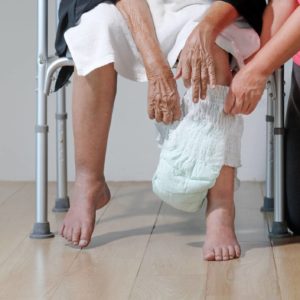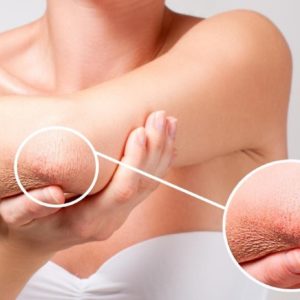Fatigue, depression, hot flashes, insomnia, dry skin, hating everyone and everything, feeling insane, lack of interest in most things, and lastly, weight gain.
All these are a part of the menopausal stage. No matter which stage you are in – whether in the perimenopausal, menopausal, or postmenopausal stage – you will most likely experience all the signs and symptoms that your reproductive system is starting to decline. Worse, it affects you and the way you live – physically, mentally, and emotionally.
While weight gain may seem normal, especially as people age, it’s actually an inevitable symptom among women who are in the menopausal stage. Women on menopause are proven to be more susceptible to weight gain than those who are considered much younger. This is due to one’s decrease in estrogen levels. Which is why the natural aging process requires women to observe a healthier lifestyle and perform exercises to help lose weight faster. To know more about how you can lose body fat during or after the menopausal stage, here are a few tried and tested tips:
Do Cardio

One of the best ways to help you lose weight during the menopause stage is to perform aerobic exercises or simply do cardio. Not only does this make women lose weight, but it also improves your overall cardiovascular health, which is important, considering your age.
Most doctors would require senior women to perform at least 150 minutes of moderate cardio activity. Alternatively, you can also do about 75 minutes of intense exercise each week. Cardio workouts and training can include but are not limited to walking, running, swimming, and hiking.
Get A Restful And Quality Sleep
Getting enough quality sleep is an essential factor if you want to keep achieving and maintaining a healthy weight. Studies show that those who sleep too little tend to have higher levels of the hunger hormone, ghrelin, and lower levels of the fullness hormone, leptin. In turn, people who lack high-quality sleep are more likely to be overweight and bloating.
Unfortunately, many women have trouble sleeping at night due to hot flashes and night sweats, which are also symptoms of menopause. In some cases, people or patients who experience this tend to seek medical and professional help, like undergoing a bioidentical hormone replacement therapy or BHRT for women for instant results.
Eat Nutrient-Rich Food
To lose weight, you have to stop consuming more calories than usual. Adjusting your diet actually plays a key role in losing weight.

Healthy and nutrient-rich food should be the sole basis for all your meals and snacks. More than anything, your diet should contain quite a variety of colorful fruits and vegetables, lean meat and protein, and whole grains, just to name a few. Based on studies, these [healthy] dietary plans could actually lessen heart diseases risk factors, like blood pressure, and result in weight loss.
What to eat:
- fruits and vegetables
- lean proteins from beans, chicken, and fish
- whole grains from wheat bread and cereals
- legumes
- healthy fats like avocados
What to avoid:
- processed foods
- white bread
- sweets and pastries like cakes, cookies, and donuts
- food with a lot of artificial ingredients and added oils or sugar
Check Your Medications
Many women are guilty of not checking whether or not the medications they take are contributing to their weight gain. Sometimes, the culprit could be those medications you take to lessen menopause symptoms, like gabapentin (Neurontin) or pregabalin (Lyrica). Besides that, antidepressants are also known drugs that make you gain a lot of weight.
My advice is for you to consult with your doctor and ask for alternatives (if possible) that wouldn’t have the same side effects.
Reduce Stress Levels
Stress is one big culprit when it comes to weight gain. For some women, stress can lead them to eat whatever they like or overeat sugar, carbs, and calories. This is clearly not good for the body and your health in general. From now on, try to fight stress by getting a good night’s sleep or adopt lifestyle changes and strategies like meditation and yoga.
Keep Track Of The Food You Eat
Tracking meals can ultimately help you identify which foods you’ve consumed are healthy and which ones are not. This information can then help you make necessary changes and adjustments in your diet.

Along with the food you eat should also be your current weight. This is to determine whether or not the “healthy” foods you think you’re eating are actually helping you lose weight. According to research, people who keep food logs often weigh themselves; hence are also able to maintain high activity levels.
Wrapping Up
The ultimate key to losing weight is to overhaul your current unhealthy lifestyle into a healthy and more active one. Most importantly, think of it as a long term plan. Living a healthy lifestyle should not have an expiration date. Instead, try to make it an everyday habit, which will more likely result in long term effects as well.
Author’s Bio:
Though not a medical professional, Hodge Racter knows a lot about medical topics, including testosterone replacement therapy (having undergone the procedure himself) and cosmetic and non-cosmetic surgeries. Today, he remains spry and energetic despite his age, and when he’s not doing freelance work, he’s having quality time with his wife and two dogs.




